Social Skill Tips for Autism
Enhancing Social Abilities for Autistic Individuals
Understanding the Importance of Social Skills for Autism
Individuals with autism encounter unique challenges in social interactions, often necessitating tailored techniques and interventions to enhance communication and engagement with peers. Effective social skills development involves structured teaching methods, visual supports, and practice in real-life settings. This article offers insights into various strategies, therapeutic approaches, and resources available for individuals with autism to improve their social skills, fostering better relationships and greater inclusion in community and social settings.
Defining Social Skills for Autism
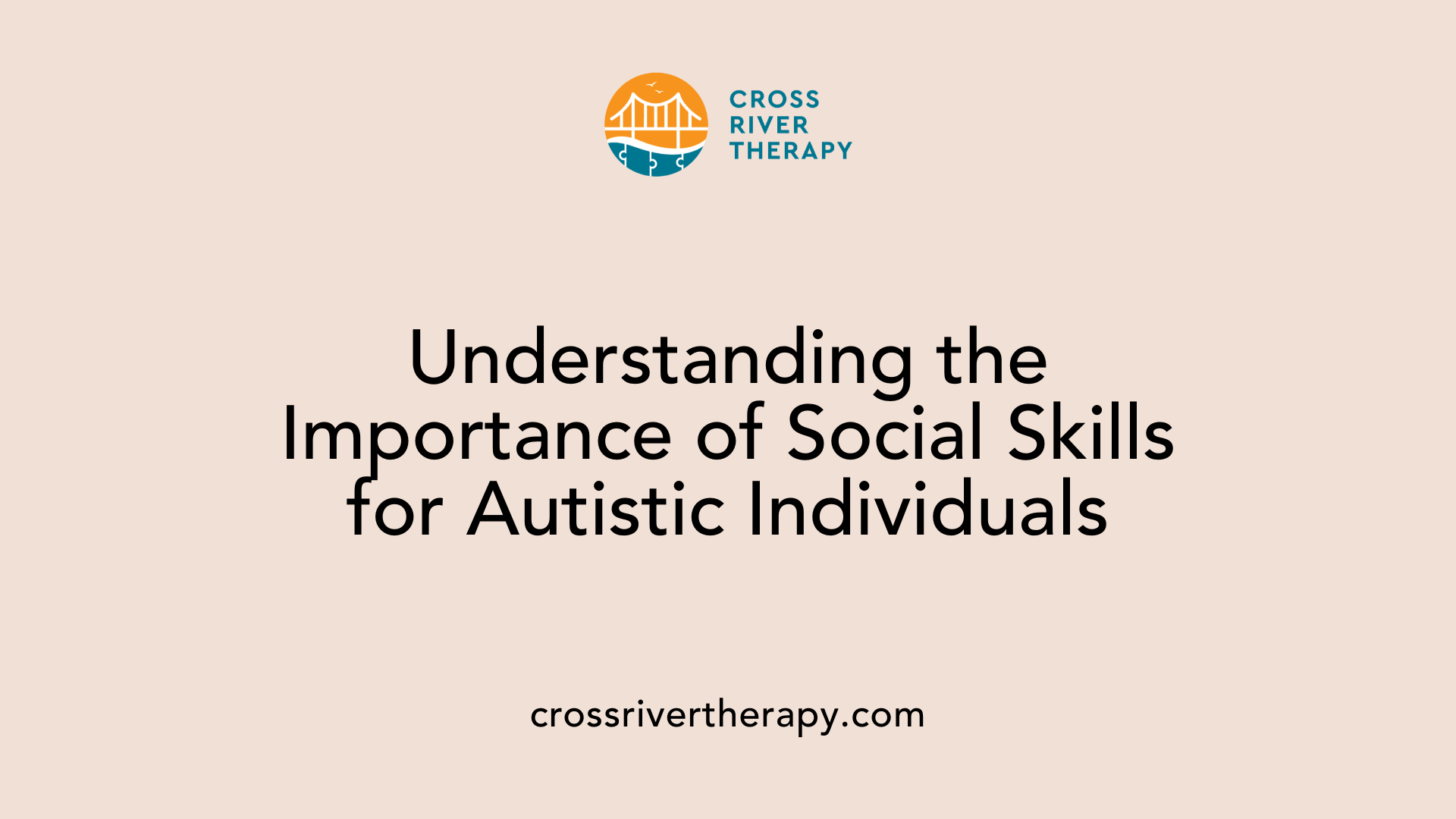
Understanding of Social Norms for Autistic Individuals
Autistic individuals often navigate social interactions differently due to challenges such as interpreting social cues and engaging in conversations. The development of social skills helps them grasp social norms, which include understanding personal space, making eye contact, and recognizing body language. For these individuals, social skills are not just innate abilities but learned competencies that require structured instruction and practice.
Importance of Social Skills in Making Friends and Building Relationships
Effective social skills are essential for forming friendships and nurturing relationships. Children with autism desire social connections but may struggle with skills needed to initiate and maintain relationships. Training programs that emphasize skills such as taking turns, active listening, and recognizing emotional expressions greatly enhance their ability to connect with peers. Using methods like role-playing, visual aids, and social narratives provides autistic individuals with tools to navigate complex social situations. These strategies help reduce social anxiety and promote positive interactions, ultimately leading to richer social lives and improved mental well-being.
What are some social skills for individuals with autism?
Individuals with autism can benefit from various social skills training methods that help them navigate social interactions. Key strategies include direct instruction, role-playing, and the use of visual aids like Social Stories to clarify social norms. Practice in realistic settings, such as structured social skills groups, allows for reinforcement of skills while encouraging peer interaction. Techniques like video self-modeling and peer-mediated interventions can further enhance social engagement and acceptance. Additionally, focusing on empathy training and recognizing emotional cues can significantly improve relationships and communication for individuals on the autism spectrum.
Teaching Social Skills to Autistic Children
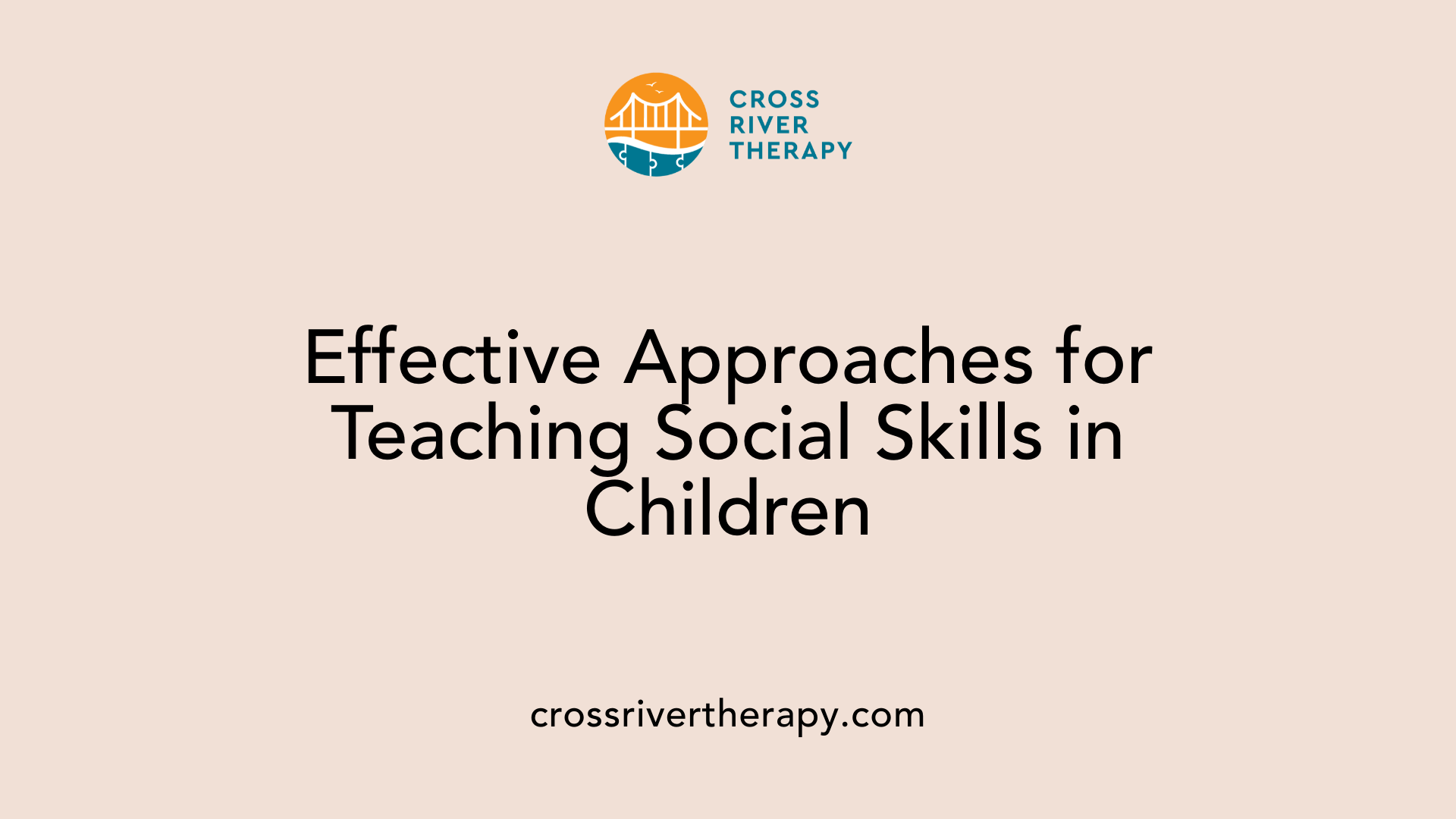
Approaches for Social Skills Instruction in Children
Teaching social skills to children with autism spectrum disorder (ASD) is both feasible and crucial. It requires unique approaches and an understanding of each child's specific challenges. Parent involvement is key in this process, as they can reinforce skills learned through structured programs or therapy sessions. Engaging in activities with neurotypical peers allows autistic children to practice skills such as taking turns, sharing, and initiating conversations in a natural setting.
Can you teach an autistic child social skills?
Yes, you can teach an autistic child social skills. Structured programs that employ techniques like role-playing, social narratives, and visual supports are effective in imparting key competencies. By modeling social interactions and employing clear, simple language, children can gain confidence in their social abilities. It's also beneficial to address their emotional responses and provide supportive strategies, allowing them to manage discomfort in social situations.
Role-Playing, Visual Supports, and Structured Environments
Role-playing exercises create safe environments for autistic children to practice various social scenarios, gradually aiding in real-world application. Visual supports, such as picture cards or social stories, help break down social interactions into digestible steps, making it easier for children to understand expectations and behaviors. Combining these strategies within structured environments—like social skills groups—promotes consistent practice and helps bridge gaps in social understanding.
| Technique | Description | Benefit |
|---|---|---|
| Role-Playing | Practicing social scenarios in a safe environment | Reduces anxiety and prepares for real interactions |
| Visual Supports | Using images to illustrate social norms | Aids in comprehension and anticipation of social cues |
| Structured Environments | Facilitating controlled practice through groups | Enhances real-life application of learned skills |
With targeted support and engaging strategies, many autistic children can significantly enhance their social skills, leading to improved communication and friendships.
Creating Supportive Social Environments
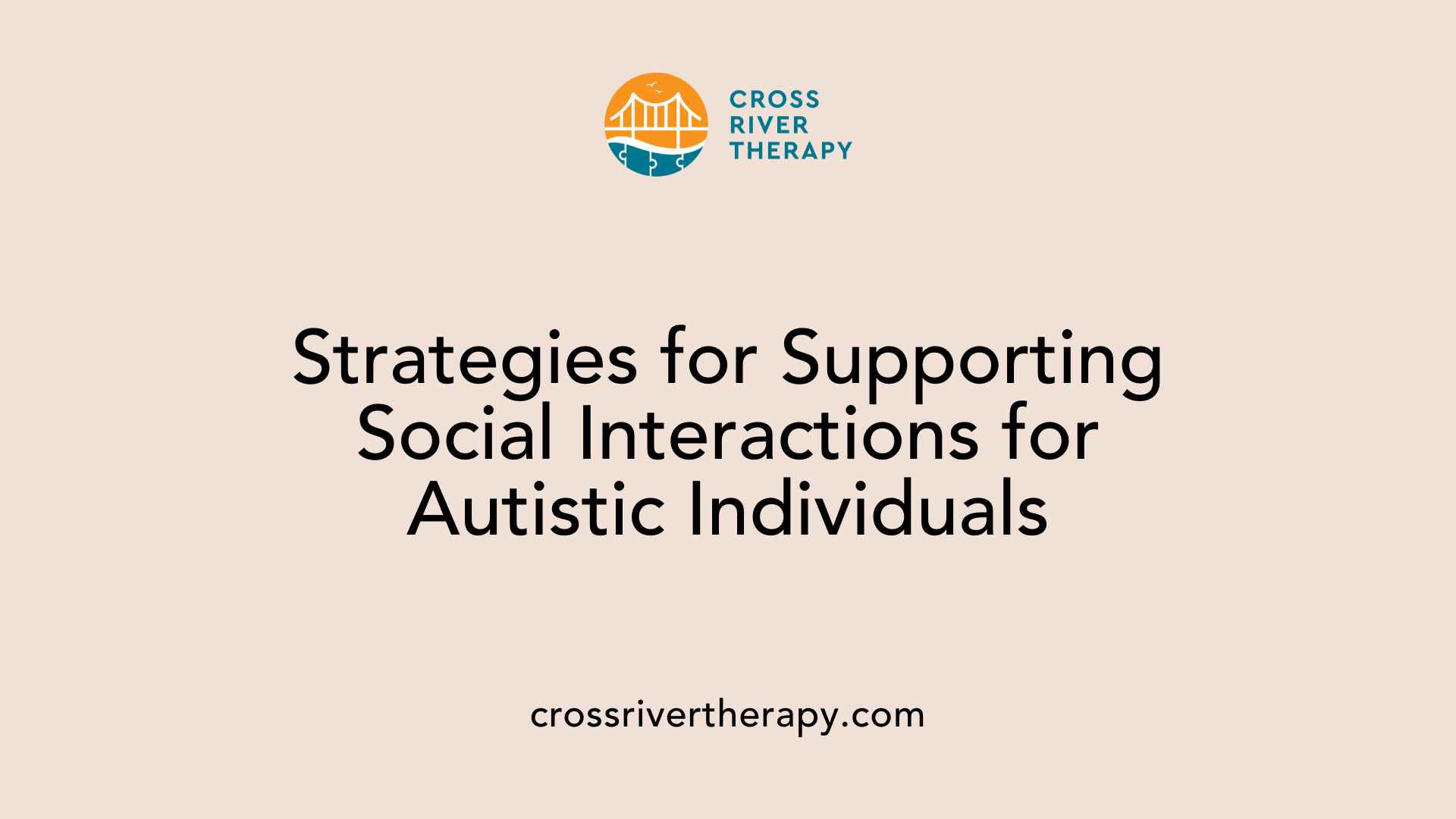
How can I help someone with autism socially?
To help someone with autism socially, it’s crucial to create an environment that aligns with their unique needs. Start by being mindful of sensory sensitivities—consider factors like noise levels and lighting, which can significantly impact comfort levels. Providing a calm and predictable setting can help them feel more at ease.
Engagement is essential. Take time to converse and connect, taking note of their interests, which can serve as conversation starters. Present options regarding participation. Providing choices empowers them and makes social engagement feel less daunting.
Furthermore, clear communication is vital. Share specifics about social events beforehand, explaining the setting and what to expect. Following up with reminders can also alleviate anxiety. Always be observant; look for signs of overwhelm and be ready to suggest breaks in quieter spaces if needed.
Building rapport should involve patience and genuine interest. This approach not only fosters supportive relationships but also enhances their social skills over time.
Encouraging social engagement through tailored strategies
Fashioning strategies that facilitate social interaction is key for autistic individuals. Social skills groups can provide structured opportunities where they can practice interactions in a safe environment. Role-playing and visual aids often see significant success in teaching skills like turn-taking and recognizing social cues.
Adaptive methods, like structured playgroups or peer-mediated instruction, help expose them to typical social dynamics. Incorporating elements like games that illustrate concepts of winning and sharing can lay the groundwork for cooperative interactions.
Utilizing positive reinforcement encourages continued engagement, motivating them to practice these skills consistently. Each small victory in social interaction builds confidence and deepens their ability to connect with others.
Understanding Social Skills Therapy
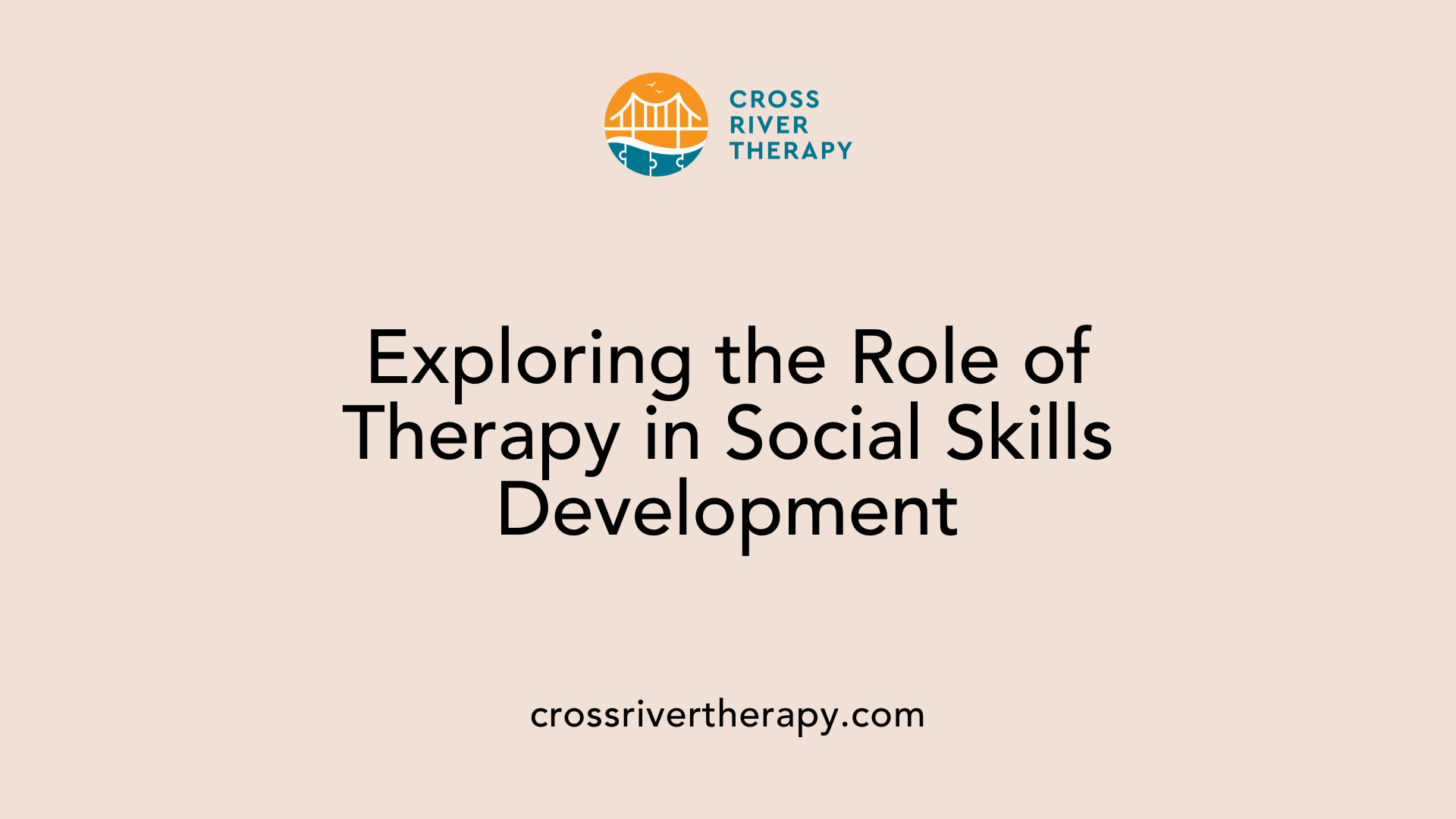
What is social skills therapy for autism?
Social skills therapy for autism is aimed at helping individuals on the autism spectrum develop the interpersonal skills necessary for effective interaction with others. This type of therapy typically includes:
- Direct Instruction: Teaching specific social behaviors and rules.
- Real-Life Practice: Engaging in structured activities to practice these skills in authentic settings.
- Communication Support: Facilitating understanding of both verbal and non-verbal cues, including the use of visual aids.
- Adaptation for Sensory Needs: Tailoring approaches to address sensory sensitivities that may impact social interactions.
Programs like PEERS (Program for the Education and Enrichment of Relational Skills) provide structured group sessions focused on practical strategies to foster social competence. These sessions often cover topics like conversation skills, body language, and even humor, all critical aspects of engaging with peers effectively.
Who facilitates social skills therapy?
A range of professionals play vital roles in delivering social skills therapy:
- Special Education Teachers: Deliver lessons tailored for individual learning needs.
- Speech Pathologists: Assist in developing effective communication strategies.
- Occupational Therapists: Help address sensory integration issues that affect social interactions.
- Behavior Analysts: Use evidence-based techniques to reinforce positive behaviors.
The collaborative efforts of these professionals, along with involvement from family members, significantly enhance the effectiveness of social skills training, allowing individuals with autism to navigate social situations with greater confidence and success.
Social Skills Training for Adults with Autism
Can social skills training help autistic adults?
Yes, social skills training can be beneficial for autistic adults. Programs like PEERS (Program for the Education and Enrichment of Relational Skills) have shown positive outcomes, with participants reporting greater social connections and a reduction in autism symptoms months after completing the training.
What are the key benefits of social skills training for adults?
Social skills training helps in several ways:
- Increased Social Engagement: Autistic adults can learn techniques for initiating conversations, interpreting social cues, and building relationships with others.
- Improved Communication Skills: Tailored programs simplify complex interactions into manageable steps, focusing on areas like humor, conversation techniques, and peer interaction.
- Enhanced Mental Well-Being: By fostering relationships and reducing feelings of isolation, social skills training can lead to improved mental health.
What considerations should be taken into account?
However, it's important to address critiques of these training programs.
- Worry about Masking: There's a risk that these programs may encourage autistic individuals to mask their authentic communication styles, potentially leading to negative mental health outcomes.
- Individual Preferences: Autistic adults may have varying degrees of interest in developing social skills, emphasizing the need for personalized approaches that respect individual communication preferences.
In summary, while social skills training can enhance social engagement and interpersonal interactions for autistic adults, it must be designed thoughtfully to promote well-being and respect natural communication.
Effective Social Skills Interventions
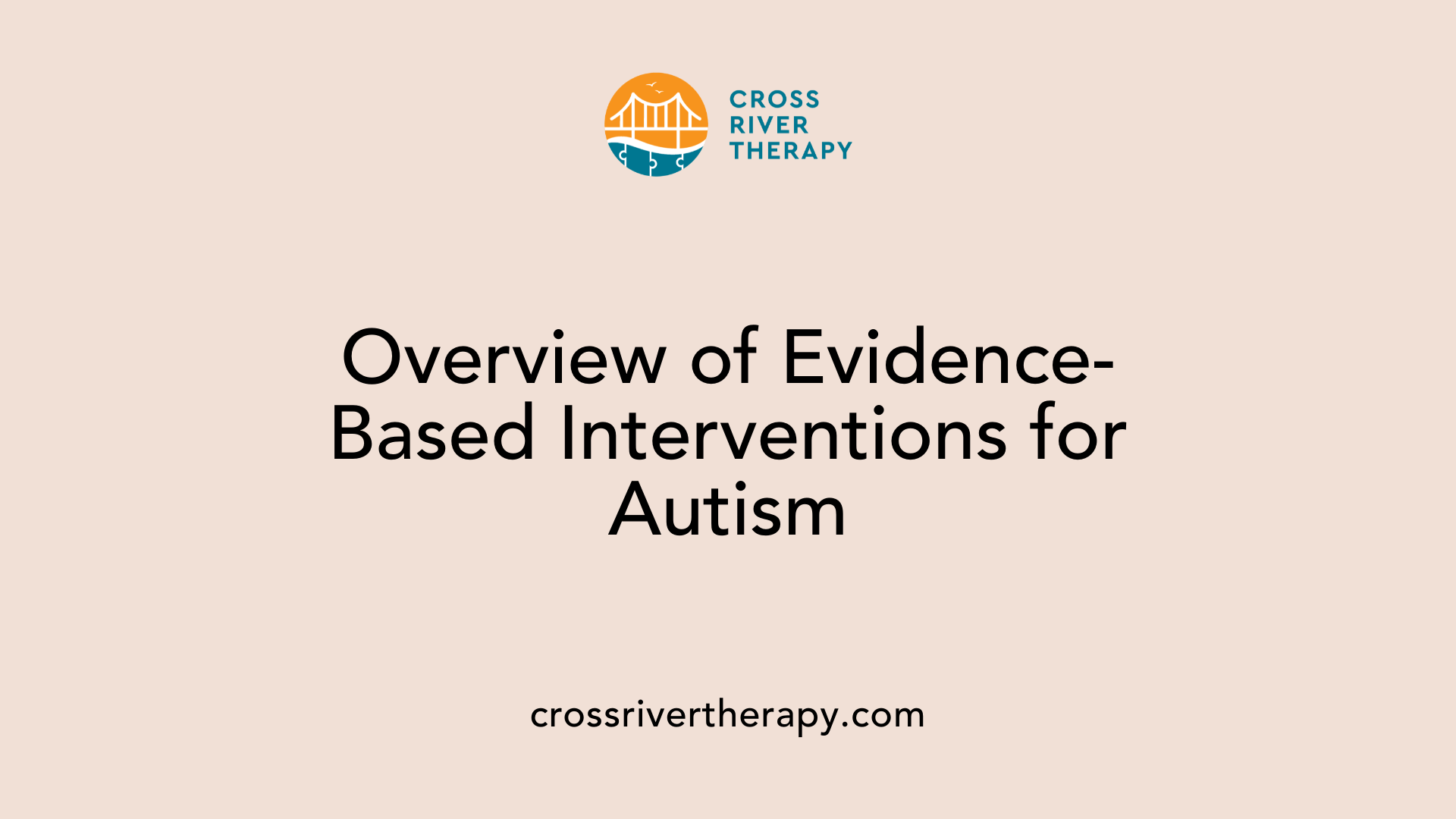
Overview of evidence-based interventions
Several evidence-based practices have been developed to improve social skills in individuals with autism. These interventions aim to address the unique challenges that autistic individuals face in social interactions and enhance their ability to connect meaningfully with others.
- Naturalistic Language Strategies: This method immerses individuals in a language-rich environment, promoting authentic communication through real-life interactions.
- Social Narratives: Developed by Carol Gray, social narratives provide personalized stories that help individuals understand social situations and expectations, guiding them on how to behave appropriately.
- Video Modeling: This technique allows individuals to learn appropriate communication behaviors by observing rehearsed scenarios, making it easier to imitate desired skills efficiently.
- Functional Communication Training (FCT): FCT focuses on redirecting non-functional communication towards more meaningful interactions, which helps individuals express their needs effectively.
- Picture Exchange Communication System (PECS): PECS utilizes visual aids to facilitate communication, allowing individuals to express themselves clearly using pictures.
- Peer Mediated Instruction and Intervention (PMII): This strategy engages peers to promote social skills, enhancing interaction opportunities in a supportive environment.
Application and benefits of various techniques
These techniques not only address specific social skill deficits but also promote a broader understanding of social contexts. By using these interventions, autistic individuals can improve their verbal and non-verbal communication, thereby fostering better relationships and reducing experiences of isolation.
These strategies are well-suited to various educational and therapeutic settings, emphasizing the importance of tailored approaches to meet each child’s unique needs. The benefits extend beyond improved interactions; they also enhance self-confidence and the overall quality of life for individuals on the autism spectrum.
Role of Families in Social Skills Development
Parental Involvement in Practicing Social Skills
Family engagement plays a pivotal role in the social skills development of children with autism. Parents can help reinforce the social skills learned in therapy or school settings by practicing them at home. Using strategies like role-playing and modeling behavior, families can create a supportive environment that fosters learning. For instance, parents can simulate social scenarios and guide their children on how to engage, respond, and interpret social cues appropriately.
Home Activities that Reinforce Learning
Incorporating everyday activities into social skills training can significantly enhance a child's ability to navigate social interactions. Simple practices such as playing board games can teach turn-taking and conversational skills. Family meals present an excellent opportunity for kids to practice initiating conversations and sharing their thoughts. Discussions around media content or stories also allow parents to highlight and role-play different social cues and interactions.
Engaging in community activities, such as playdates or group outings, empowers children to practice their skills with peers in diverse settings. Planning these interactions with clear expectations can help reduce anxiety for both the child and the family, ensuring a positive experience that will reinforce social learning.
Challenges and Goal Setting in Social Skills
Addressing Common Challenges
Children with autism often face significant challenges in social interactions. Some common difficulties include:
- Interpreting Non-Verbal Cues: Many autistic individuals struggle to understand body language and facial expressions, which can lead to misunderstandings in social situations.
- Maintaining Conversations: Starting, maintaining, and ending conversations can be particularly tough, with children often needing explicit guidance on what to say and when.
- Emotional Recognition: Identifying and managing emotions, both their own and those of others, can pose challenges, making it hard to connect with peers.
- Anxiety and Stress: Social situations can induce anxiety, making participation more complex and sometimes leading to avoidance behavior.
Setting Realistic Social Skills Goals
To help autistic children navigate social interactions effectively, setting attainable goals is crucial. Here are strategies to consider:
- Break Down Skills: Instead of tackling broad goals, focus on specific skills, such as maintaining eye contact during a brief interaction.
- Incremental Steps: Celebrate small achievements in social skills, like initiating a greeting, to build confidence.
- Adapt Environments: Create supportive settings for practice, such as structured playgroups or one-on-one interactions with familiar peers.
- Incorporate Interests: Align social activities with the interests of the child to enhance engagement and motivation.
Promoting Social Success for Autistic Individuals
Improving social skills in individuals with autism is a multifaceted process that requires patience, targeted interventions, and a supportive environment. Whether through structured therapies, personalized plans, or family involvement, enhancing social abilities leads to increased confidence, better relationships, and a richer community life. By embracing each individual's unique strengths and challenges, and employing effective strategies, we can foster meaningful social engagement and positive outcomes for autistic individuals.
References
- Social skills and autism | Autism Speaks
- How to Improve Social Skills in Autistic Children
- 8 Ways to Boost Social Skills in Kids with Autism
- Making friends - supporting your autistic child
- Autism Social Skills: How to Enhance Social Interaction
- Teaching Social Skills—Autism Toolkit - Pittsford Pediatrics
- Making (and Keeping) Friends: A Model for Social Skills Instruction



